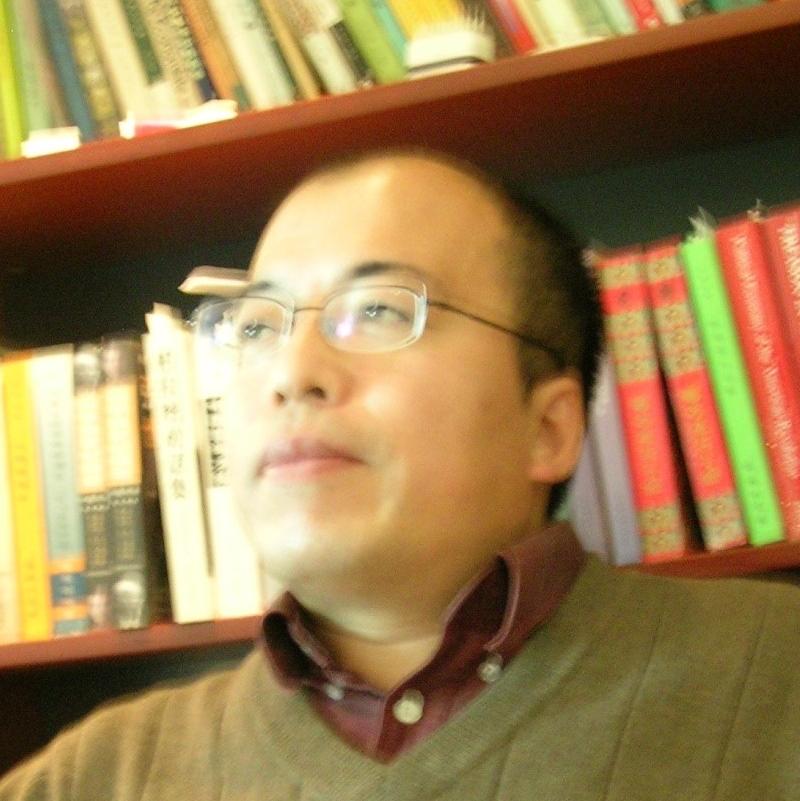Pakistan has predictably taken serious umbrage following the announcement of the long awaited American policy review on Afghanistan. Unveiled by President Donald Trump on August 21, the policy, unbound by any timelines, seeks an outright military victory over the Taliban and calls upon India to share the burden of economic engagement with Afghanistan.
Mr. Trump, overlooking Pakistan’s huge contribution—which has claimed the lives of over 60,000 soldiers and civilians and led to $120 billion in infrastructure losses— threatened Pakistan for providing sanctuary to the Taliban. Pakistan denies the charge.
The Kabul regime brought in by the U.S. and surviving on its largesse felt relieved. India reveled at the Pakistan bashing from Mr. Trump.
Mercurial former president Hamid Karzai termed the new strategy “against peace and the national interest of Afghanistan.” The new strategy is, he said, “focused more on war and rivalry in the region.”
Major regional states like China, Russia, and Iran criticized the U.S. policy and cautioned against pressuring Pakistan. These statements are evidence that Pakistan is not alone in rejecting the American policy option. No wonder Pakistan’s foreign minister announced the suspension of all talks with the U.S., and put on hold his visit to the U.S. Pakistan also asked for the postponement of a visit by a senior State Department official. The minister will visit China, Russia, Iran and Turkey before he heads to U.S.
In fact, Pakistan’s army chief, who calls the shots in matters of security policy, declared that Pakistan seeks recognition of its fight against militancy, and not aid. Later he bluntly warned that Pakistan, having cleared its tribal regions of militants, would not allow the Afghan war to spill over into Pakistan.
Pakistan seems in a deep introspection mode before it is prepared to engage with the U.S. at any level. Following Mr. Trump’s statement, a normally fractured Pakistan stands united in the face of his diatribe.
Trump asking India for help in the Afghan war is baffling. Pakistan accuses India of fomenting trouble and promoting terrorist incidents in Pakistan that are planned and executed from the Afghan soil. Troubled Pakistan-Afghan relations’ keeps India relevant and Pakistan engaged on its western borders. Giving India a role in Afghanistan will escalate India-Pakistan tensions that have a bearing on peace in Afghanistan. In fact, the plan pitting the archrivals against each other is a recipe for perpetual turmoil in a troubled region.
Washington’s entire narrative on ‘terrorism’ is also cleverly misleading. Even the doyen of America’s international policy Henry Kissinger admits, “what we in America call terrorist, are really groups of people that reject the [U.S. imposed] international system.” It is a strange irony that anyone who differs with the American democratic values is branded as “terrorist.”
In Afghanistan the resistance has not wavered from its demand to end foreign military presences and a removal of the U.S. installed regime in Kabul as a condition for peace. Contemptuously dismissing them as Taliban makes for a flawed analysis and consequent wrong policy choices by Washington.
Afghanistan’s landlocked status places it at the mercy of several powers, all ostensibly interested in a stable Afghanistan, but wary of a disproportionate advantage to others. And, when the interested players include the U.S. (by occupation), Pakistan, Iran, Russia, China, and India—five of which are nuclear states—none of them can be taken lightly. But given the geography, history and culture Pakistan has the most to gain by a stable Afghanistan or lose with its unsettled conditions.
For ten years while the Soviets were engaged in Afghanistan, the U.S. funded Pakistan to provide sanctuaries to the resistance fighters against Soviet intervention in Afghanistan. And now, the U.S. is accusing Pakistan of providing sanctuaries to the same people opposing what is now another foreign intervention in their country. Hilary Clinton admitted that U.S. itself created the problem.
The American action has killed hundreds of thousands of Afghans, yet new fighters doting to replace their dead comrades, in true spirit of predictive words of Tupac Katari, the 18th century Bolivian freedom fighter who said in his torturous death, “I die as one. I come back as millions.”
Through the new policy, Mr. Trump, the third American president involved in this war, actually aims to accomplish more with less resources than used in the past. With a weakening public appetite to continue fighting in Afghanistan, a stalemate remains the likely outcome.
In 1967 when the then Secretary of Defense Robert McNamara was convinced that the Vietnam War was unwinnable, he urged President Lyndon Johnson to halt bombing raids as way to peace negotiations. The generals pushed back and the war continued for years. Candidate Trump’s instincts were to pull out from Afghanistan, but as president, he has been pushed back by the generals to continue with the American folly that has already become a contemporary Vietnam.
The U.S. may be the strongest state militarily, but it needs regional players like China, Iran, Russia and Pakistan to make success of its policy choices on Afghanistan. Operationally it needs to rely on Pakistani ports and road networks to resupply American troops in Afghanistan.
There cannot be peace in Afghanistan without taking Pakistan on board.



